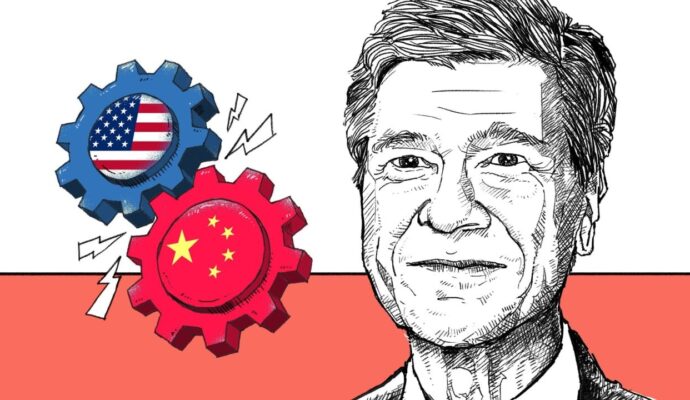
The Chinese embassy in Washington on Friday defended its Belt and Road Initiative.
Its projects were marked by comprehensive dialogue, mutual collaboration and shared advantages, said embassy spokesman Liu Pengyu, “illustrated by the 420,000 jobs it has created and the acceleration of economic growth in participating countries”.
“The BRI is well-received among the world most importantly because it is an initiative of extensive consultation, joint contribution and shared benefits,” Liu added.
“China never imposes its will on other countries, nor does it slip any selfish geopolitical agenda into the initiative.”
The general’s remarks on Friday come at a time of escalating disquiet in Washington over alleged Chinese military expansion near the US.
The Wall Street Journal, quoting confidential US intelligence, reported in June that China was on the brink of establishing a spy base in Cuba.
Beijing and Havana also discussed setting up a joint military training facility, further deepening Washington’s concerns about Chinese troops being a mere 145km (90 miles) from American shores, it said.
Richardson further noted that Beijing’s technological influence was growing in the region, with five countries adopting the Chinese backbone for 5G and 24 others utilising it for their 3G or 4G networks.
The allure of affordable upgrades to 5G makes it challenging for these nations’ leaders, “usually in office for only a four-year term”, to reject China’s propositions, she said.
To counter Beijing, Richardson advocated increased collaboration among like-minded democracies in the region, describing the idea as “the power of Team Democracy”.
[embedded content]
Latin American leaders were “working on a stopwatch, not a calendar, and we have to be able to have alternative methods, alternative companies, alternative options for them to be able to select … instead of Chinese competitors”, she said. “And that’s where we’re getting out-competed by the Chinese right now.”
The general also voiced apprehension about the potential use of China-funded infrastructure in the region for military purposes. She noted the presence of five state-owned Chinese businesses along the Panama Canal.
Specifically, Richardson worried that Chinese companies could use the companies for military purposes, citing similar concerns in the strategically important Strait of Magellan in southern Chile separating mainland South America from the Tierra del Fuego archipelago.
In addition, some countries that had joined the China-centred Belt and Road Initiative were experiencing “buyer’s remorse due to project failures”, she said.
“There are examples in this region, as well as globally, where projects have not gone well,” said Richardson. “They have design flaws, cost overruns. There are huge delays.”
Yet she believed it was understandable that countries in need of infrastructure help would turn to Beijing, saying: “When someone throws you a rope, you don’t necessarily look at who’s giving you the rope. You just grab it.”
Richardson urged the US and its allies to provide alternative investment and business models to help Latin American countries resist China’s influence.
Otherwise, she warned, “if we’re not there competing, they’re going to choose” China.


